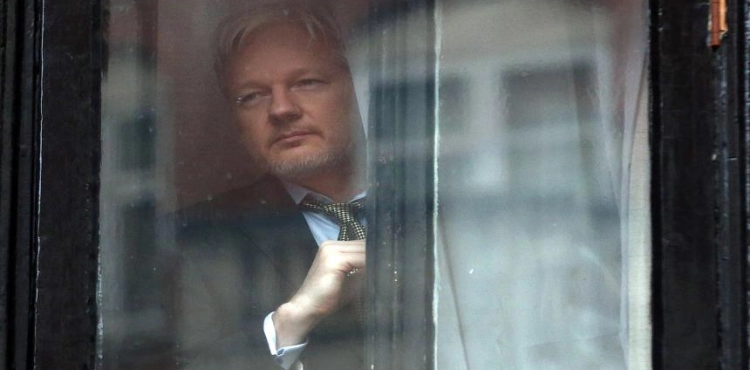Quito _ Agencies
Ecuador responded to a lawsuit filed by WikiLeaks founder Julian Assange, accusing Quito of violating his "fundamental rights" and restricting his contact with the outside world while he was a refugee at her embassy in London.
Judge Karen Martinez decided that the case could not proceed as presented by Assange´s lawyer, former Spanish judge Baltasar Garzon.
Lasang´s 47-year-old judicial move coincided with growing speculation that Ecuador was trying to end the standoff with the British government by abolishing the asylum granted to him.
However, Assange´s lawyer in Ecuador, Carlos Bouvida, appealed the verdict, which means that the case will be transferred to a higher court for review.
Assange took refuge in the embassy in London in 2012 after a British court ruled that he should be extradited to Sweden where he was facing a sexual assault case there.
Although the lawsuit was dropped in Sweden, Assange feared handing him over to the United States, where he faces accusations of WikiLeaks publishing sensitive U.S. government documents.
Quito acknowledged the denial of Assange from the internet and mobile phone in March March after being accused of breaching a "written commitment" not to interfere with the foreign policy of the Ecuadorian Government.
The agreement, which was published by the site "Diego Vedorio " and not refuted by Quito, warns Assange that further violations may result in the revocation of the political asylum granted to him.
Garzon told reporters in Quito that Assange lives in "an inhumane situation, because the solution that the countries concerned should have reached is still susceptible to procrastination."
US Attorney General Geoff Seins said in March March 2017 that Assange´s arrest for leaking US government information is "a priority."












